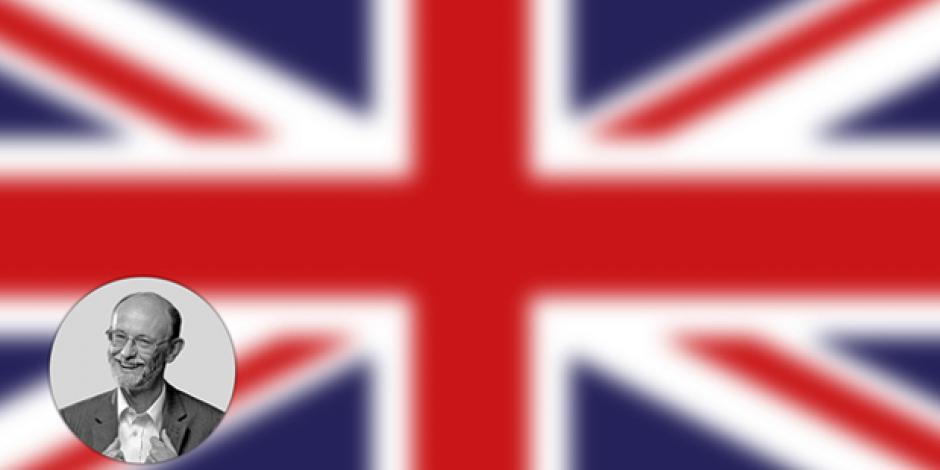Starten Sie den Audio-Text
Mit dem Audio-Player können Sie sich den Text anhören. Darunter finden Sie das Transkript.
Transcript: The lessons of history
Winston Churchill once said, “History is written by the winners.” It seems now, however, that a reappraisalNeubewertungreappraisal of history’s winners — including Churchill — is taking place. In Britain Today, Colin Beaven looks at how people in Britain have decided that the statues of some historical figures have got to go.
If concert halls have been closed for much of the year, it hasn’t always been because of the virus. Colston Hall in Bristol is closed for refurbishmentRenovierungrefurbishment. Work began in 2018 and the building is expected to reopen in 2021 — but it will be called Bristol Beacon, not Colston Hall.
That’s because the name Colston is no longer welcome. Edward Colston was a 17th-century merchantKaufmannmerchant who made his money from the slave trade. At a Black Lives Matter rallyKundgebung, Demorally in Bristol in June, Colston’s statue was thrown into the city harbour. It was temporarily replaced in July with a statue of one of the protestors.
I knew nothing about Colston’s profession before this year’s protests. I’d even been to a concert at Colston Hall without knowing how he got rich.
I’m to be embarrassedpeinlich berührt seinembarrassed by my ignorance of British history, and wish I could blame my teachers. It may sound ridiculouslächerlichridiculous, but at school, I did have to choose between history and German. Instead of a textbook about Britain in the 18th or 19th century, I was given a copyhier: Exemplarcopy of Das schöne Deutschland. “Typical” was my father’s comment when he saw the word damit on the first page, followed soon by womit. “Lesson 1 and it’s already ‘damn it’ and ‘to vomitsich übergebenvomit’.”
ever sinceseit dem TagEver since I stopped learning about history at school, I’ve found it both fascinating and scary (ifml.)unheimlichscary. Even now, I get nervous when clever people start talking about the Great Reform acthier: GesetzAct or the repealAufhebungRepeal of the Corn Laws.
And it wasn’t till last year that I learned about the compensation paid to British slave owners when slavery was to abolishabschaffenabolished in most British colonies in 1833. The government didn’t finish paying until 2015.
But even I couldn’t can’t helpnicht umhin könnenhelp noticing that Britain has a depressing number of statues of men with links to the empire. It’s time things changed. Not just our attitude to names and statues, though it’s a start.
We may not want to do away with popular landmarkWahrzeichen, Denkmallandmarks, but we could redefine them. When people ask for directions to Nelson’s Column in London, we could ask them whether they mean the statue of Admiral Nelson in Trafalgar Square or the one of Nelson Mandela in Westminster Square.
As for music, Britain’s black musicians contribute to many genres but are less well represented in classical music. Perhaps this will change, too, thanks in part to the Chineke! Orchestra — or the extraordinary Kanneh-Mason family: seven brothers and sisters who all have outstanding musical talent.
Bristol’s renamed concert hall will have all sorts of music in its programme when it reopens — and will presumablyvermutlichpresumably include concerts by artists such as Sheku Kanneh-Mason and his sister Isata.
Not to mention all the other musicians who had such a tough time during lockdown. With concert halls closed, if they were playing Schubert’s Waltz in A-flatAs-Dur; Wortspiel mit a flat: eine WohnungA-flat, for example, they really were playing his waltz in a flat — probably in their own living room.
Neugierig auf mehr?
Dann nutzen Sie die Möglichkeit und stellen Sie sich Ihr optimales Abo ganz nach Ihren Wünschen zusammen.



